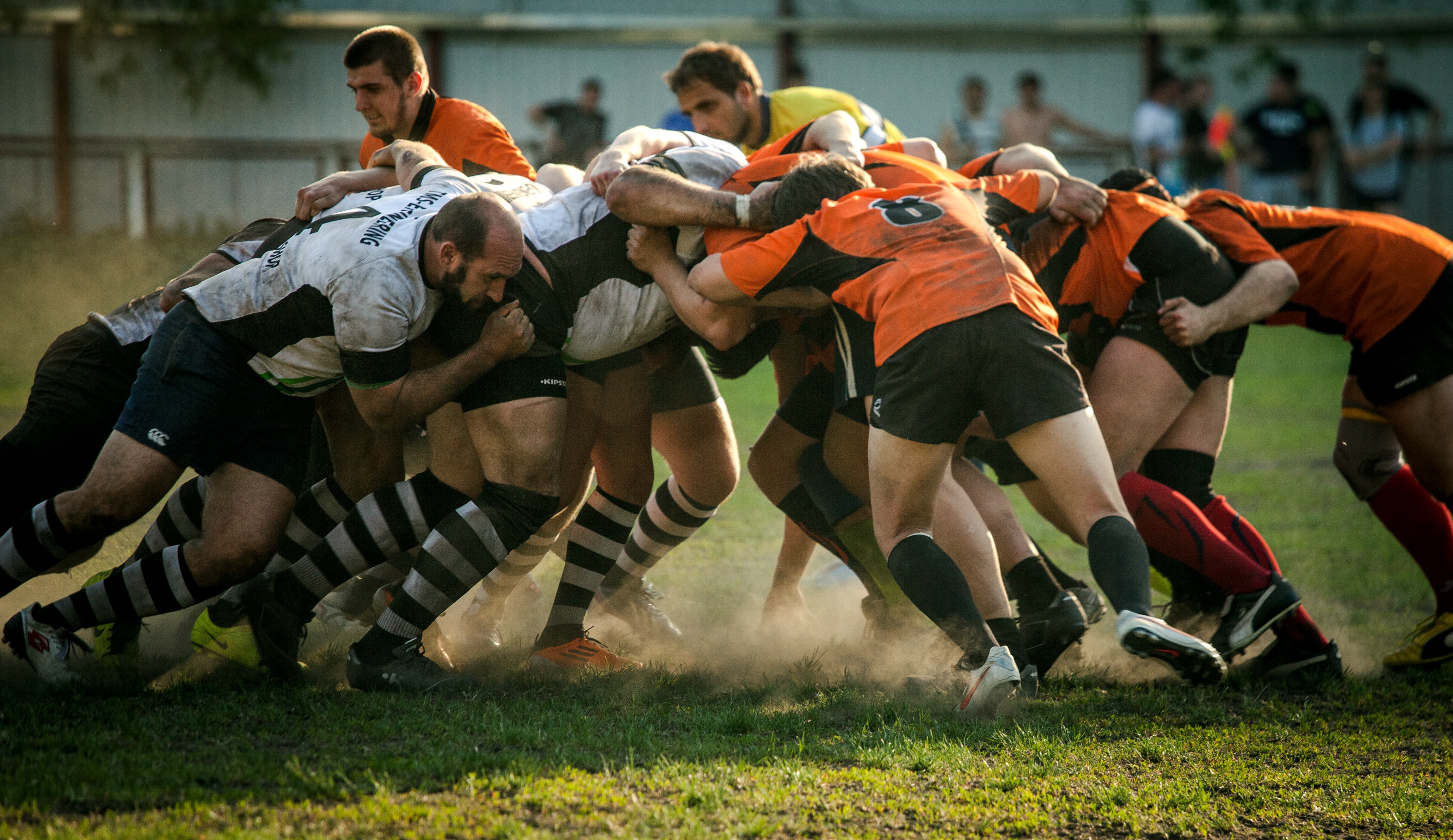How do champion teams overcome a team of champions?
The underdog sports movie. From Cool Runnings and The Mighty Ducks to Moneyball, it’s a classic cinematic trope; teamwork and individual talents combine to prevail over a team that (on paper) is vastly superior.


